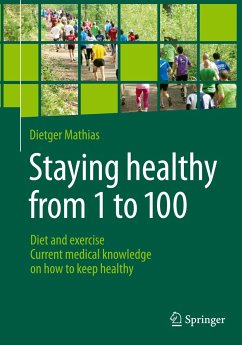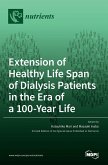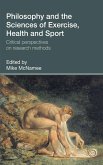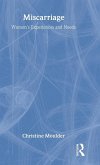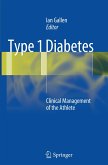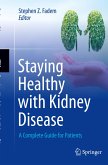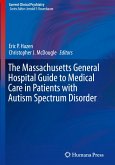The largest interventional and monitoring studies to date worldwide give us an excellent overview of our current state of knowledge on the physiological interactions between nutrition and exercise. This wealth of evidence covers aspects like body weight, metabolism, fatty tissue, hormones, the cardiovascular system and skeletal structures - all ultimate determinants of immunity. The book you hold in your hands is based on the findings generated by such long-term investigations. Herein, each topic is dealt with page by page in an understandable manner. The reader will find illustrations and discussions of key physiological adaptation mechanisms and the basic principles of preventive healthcare. This non-fiction work has been written to be easily comprehensible for all individuals interested in learning the salient facts about the popular subjects of health, fitness and nutrition. For this 3rd edition, the text has been revised and updated to the state of the art in science and medicine, including the addition of 11 new topics.
Hinweis: Dieser Artikel kann nur an eine deutsche Lieferadresse ausgeliefert werden.
Hinweis: Dieser Artikel kann nur an eine deutsche Lieferadresse ausgeliefert werden.

